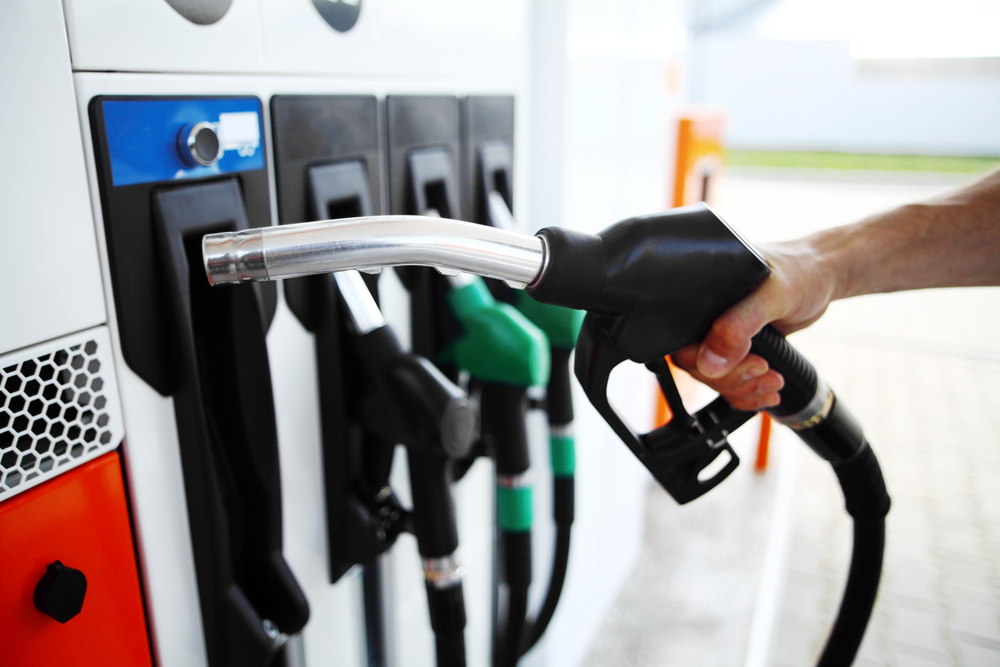Household Bills
One in five drivers worried about fuel prices

Money worries are increasingly endemic, with figures from the Office for National Statistics revealing a sharp rise in people reporting concern about the rising cost of food and fuel.
In its latest public opinions and social trends report, 75% of people said are worried about the rising cost of living.
Some 80% said fuel price rises were at least partly to blame, up from 77% when the same question was asked two weeks earlier.
When asked what their biggest worry was, 18% said food becoming more expensive and 20 per cent said paying for petrol or diesel.
The proportion of Britons cutting back on non-essential journeys rose from 40% to 45%.
Sarah Coles, senior personal finance analyst at Hargreaves Lansdown, said “petrol panic and diesel distress” were adding to households’ existing worries about spiralling energy bills.
Petrol prices have been climbing for two years after hitting a low in mid-2020 at £1.07 a litre during the first lockdown.
But spiking demand as the world returned to work and the daily commute, coupled with diminished supplies of oil and gas coming from Russia following its assault on Ukraine earlier this year, has sent fuel prices shooting up to almost £2 a litre this week.
Coles said: “Not everyone drives, so it automatically means fewer people are affected than they are by food and energy price rises, but there has been a significant increase in the number of people who say it’s their biggest worry – up from one around in seven to one in five.
“There’s some good news for petrol car drivers, because we could be seeing a peak at the moment. Wholesale petrol prices have dropped back slightly and prices at the pumps are expected to follow. It’s not a dramatic decline, but after such a long period of relentless rises it will come as a welcome relief.”
Wholesale diesel prices continue to rise meaning drivers are paying an average of £1.97 a litre.
Earlier this year the Chancellor Rishi Sunak cut fuel duty by 5p in a bid to ease price pressure for drivers reliant on their cars for transport. But with fuel prices soaring since March when the cut came in, the cost of filling up an average family car now costs more than £100.
Holly Andrews, managing director at KIS Finance, said fuel price inflation rendered the 5p cut in fuel duty “somewhat obselete”.
“It’s time to focus on the fact that we need a bigger cut to be announced if there’s any chance of motorists seeing a petrol receipt of below £100 for a full tank,” she said.
“Pump prices are rising far too quickly for the 5p per litre cut to have any real effect. The government needs to make a reduction of at least a further 10p per litre if they truly want to ease pressures.”